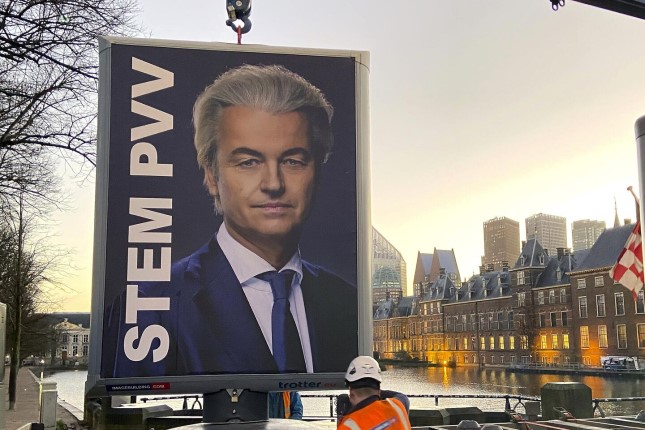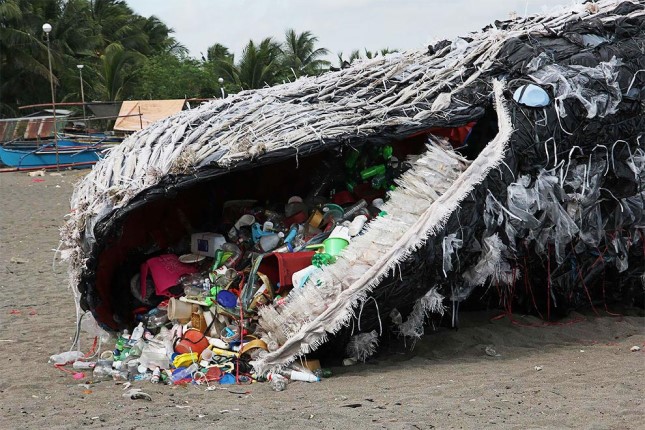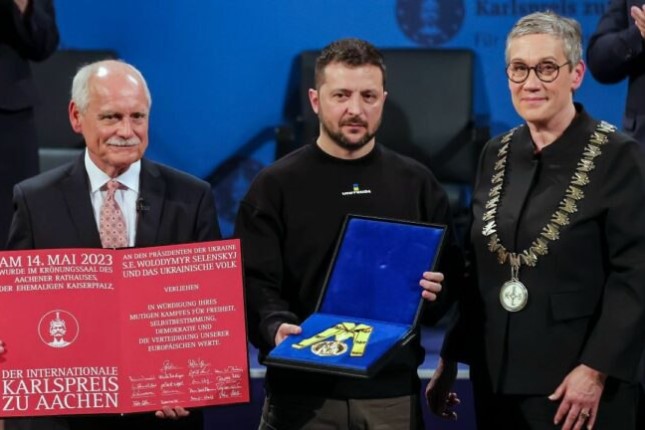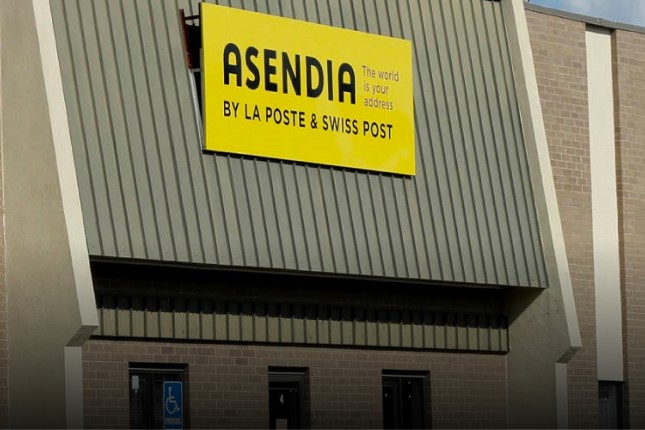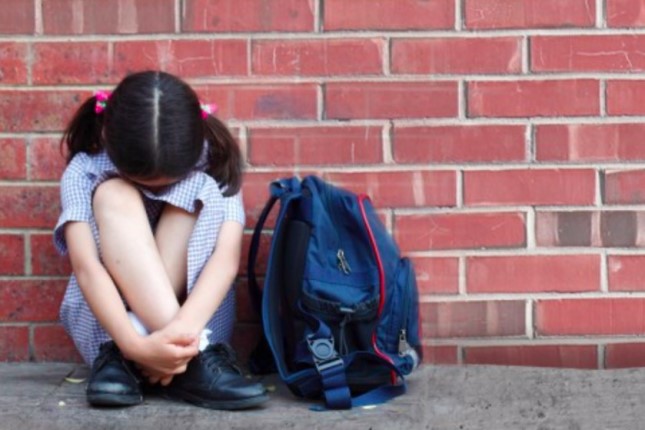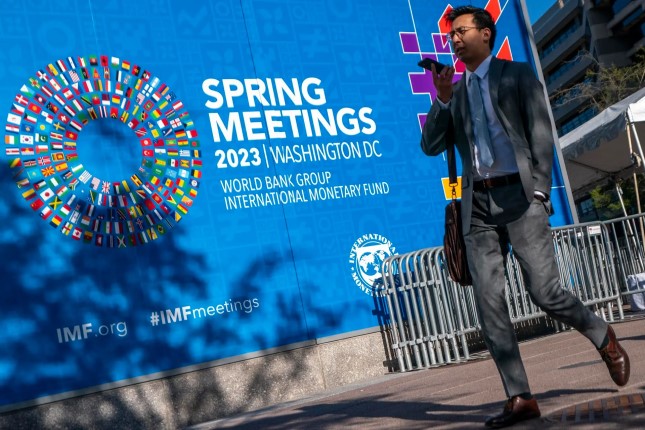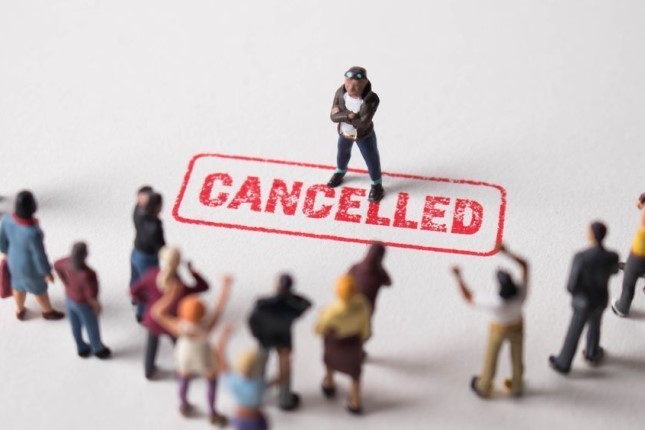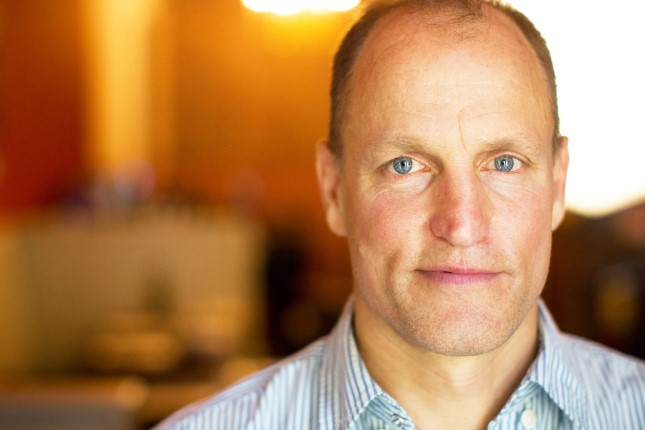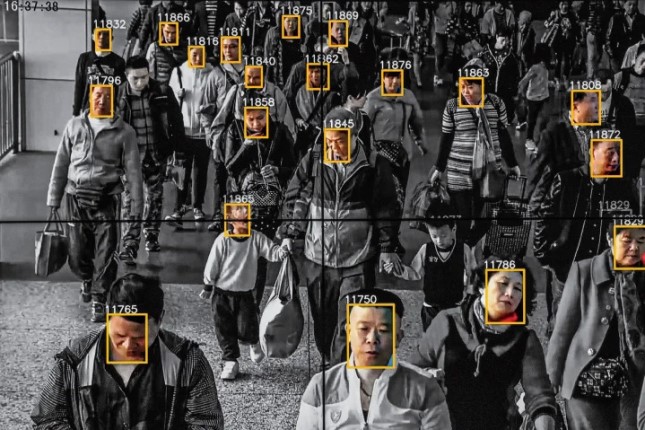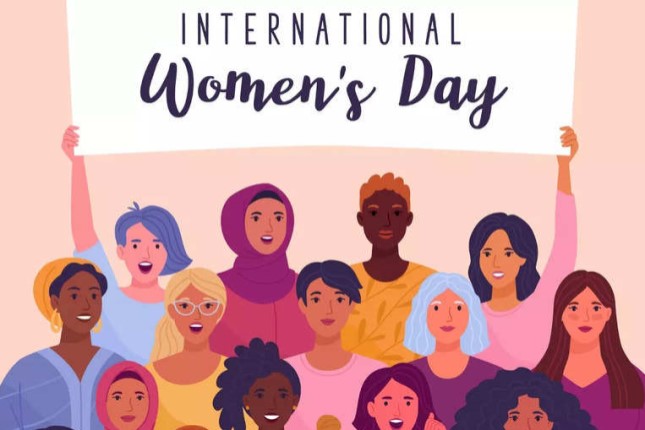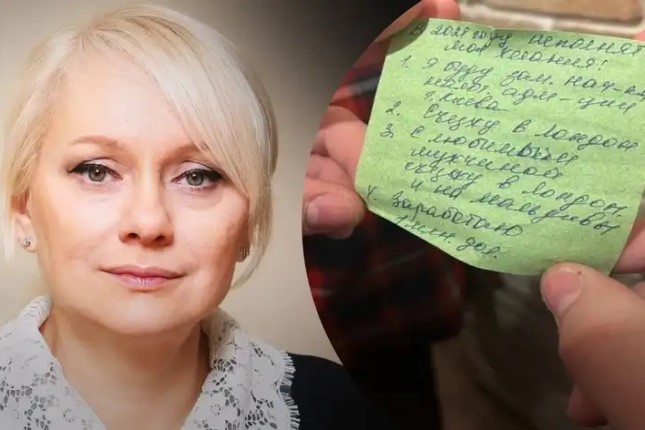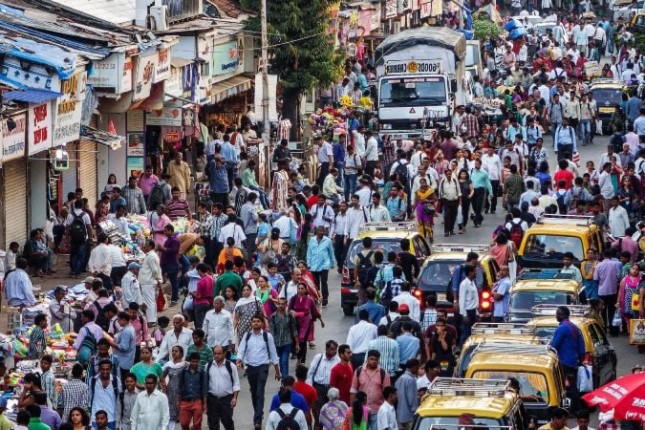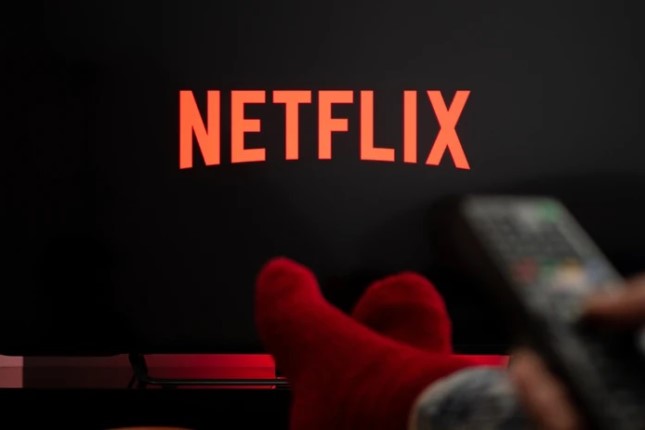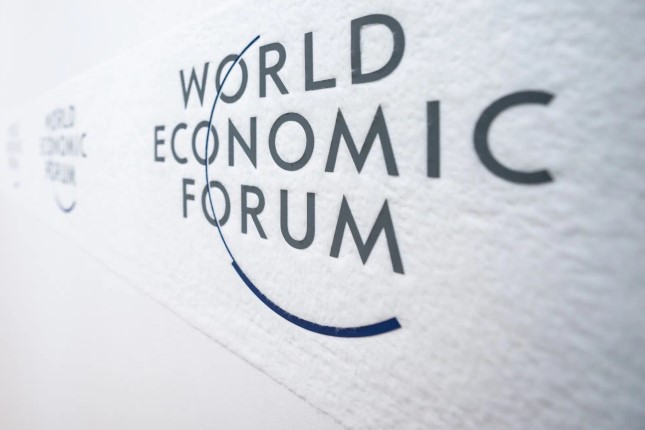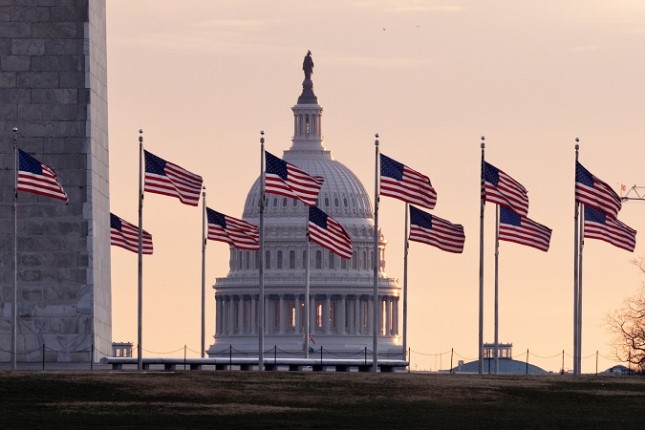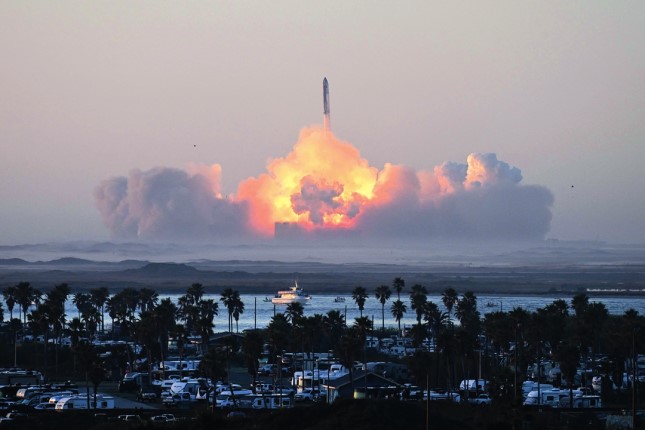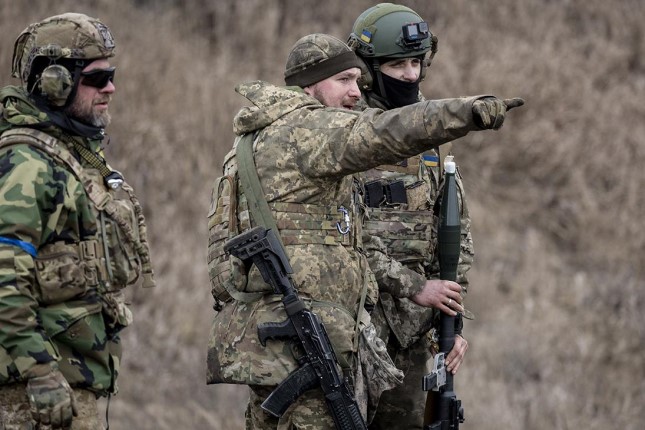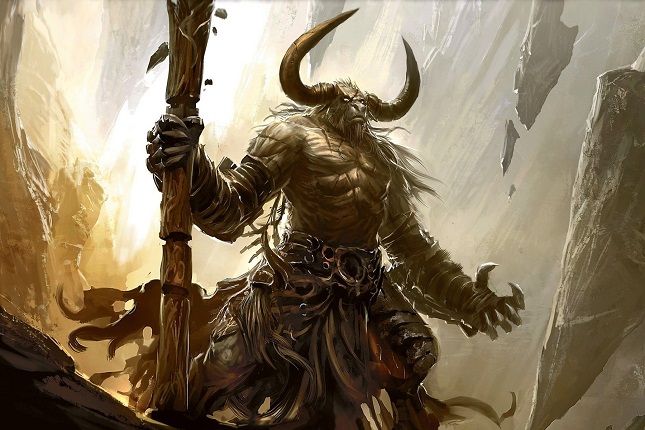After a relative period of calm following restrictions introduced as a response to the COVID-19 pandemic, the situation with illicit trafficking in psychoactive substances has quickly gotten back to its pre-pandemic level, or even exceeded it.
The European Monitoring Centre for Drugs and Drug Addiction (EMCDDA) has released its annual 2022 report saying that, on top of the overall rise in substance use, drug users in Europe "are now exposed to a wider range of substances of high purity".
Ever since the "libertarian" era of the hippies in the late 1960s and early 1970s, cannabis has been Europe's most commonly used substance. In 2022, some 22.6 million Europeans over the age of 15 were using it in various forms (and that's just the documented cases).
And this is not something that is only happening in those cities and regions where the drug has been made legal, this is pretty much the situation that is common across the entire European Union.
Cannabis has long been viewed as a "relatively harmless" substance (which explains its fairly widespread legalization). Newer cannabis products, however, such as the cannabinoid HHC, produce strong psychoactive effects and can still be bought legally in a number of EU countries due to loopholes in the legislation. France, for one, only outlawed HHC in early June of 2023.
Cocaine use has also been reported to be on the rise. In 2021 alone, EU countries seized in excess of 300 tonnes of cocaine, predominantly in Belgium, the Netherlands, and Spain, with the ports of Rotterdam and Antwerp now being used by the Latin American cocaine cartels as the main gateways into the continent.
Making matters worse, large-scale cocaine manufacturing is already taking place right within the EU itself. Just recently, European authorities reported the discovery and destruction of more than 30 cocaine laboratories, as well as large seizures of a precursor for cocaine production.
But that is not what concerns the European authorities the most. The worst thing is that the number of dangerous substances is growing, with the authorities unable to keep up in a bid to ban them.
"Established illicit drugs are now widely accessible and potent new substances continue to emerge," says Alexis Goosdeel, director of the European Center for Monitoring Drugs and Drug Addiction. Almost everything with psychoactive properties can appear on the drug market… I summarize this with the phrase: 'everywhere, everything, everyone'".
The agency's 2022 report listed more than 40 new drugs.
In the Baltic States, where the political situation is uncertain, economies are weakened, and people are affected by unemployment, the use of synthetic opioids is on the rise with several deaths from overdose already reported across Lithuania, Latvia and Estonia. Among the most popular new lethal products are ketamine (a synthetic hallucinogen and an NMDA receptor antagonist that is legally used in veterinary medicine), and the so-called "laughing gas", or nitrous oxide. If used, they could cause irreparable damage to the user's urogenital, respiratory, and nervous systems.
Belgium's Antwerp, Europe's second-largest seaport and one of the gateways for importing illegal substances into the continent, has seen drug traffickers getting routinely involved in shootouts, setting off explosives, and high-profile murders. Following the arrest, in 2022, of four influential suspected drug traffickers, Belgium's Justice Minister had to be placed under police protection for quite some time out of fear of retaliation from drug cartels. Scenes like this have sadly been the mundane reality of law enforcement authorities in the United States for decades,
"We must make sure America's present does not become Europe's future," Ylva Johansson, the European Commissioner for Home Affairs was reported as saying recently. She stated that drug traffickers use their enormous proceeds of crime to bribe government officials or buy murder of "uncooperative" police officers and public servants. According to her, drug-related "violence is growing in scale and brutality".
But is it only organized crime with its incessant itch for gain that is to blame for the EU's current "drug plight"?
As far back as the 1960s, Europe's establishment embarked on a mission of society's sweeping narcotization that culminated in the legalization of cannabis and its derivatives, while surreptitiously planting in popular culture the idea that drug use is somehow acceptable, permissible, and even desirable for artistically-inclined individuals (or those who would want to think of themselves as such). This sentiment was promulgated by means of rock music, movies, TV series, works of contemporary literature and publications in youth magazines, night club culture, and tabloids with their penchant for savoring the intimate details of personal lives of drug-using celebrities, etc.
The libertarian establishment that had been flirting with the public to advance their own interests by packaging drugs as some kind of surrogate of freedom, suddenly found themselves facing a situation where this "freedom" was threatening its foundations and even its survival.
Another factor that is at play here is the political and economic instability precipitated by the EU member states' governments' eager involvement in supporting Ukraine in its conflict with Russia. Any war, especially a relatively "comfortable" proxy war, creates a very enabling environment for developing all sorts of shady operations, including those run by drug traffickers. The poorly-controlled and covert shipment of military assets and materiel provides convenient "cover" for drug trafficking.
Despite its severe problems on the home front, the European Union (including intelligence agencies of its member states) has chosen to focus instead on backing Ukraine up with weapons and on "providing asylum to Ukrainian refugees" that may include, as the Europeans themselves reluctantly admit, quite a few individuals that belong to the shady criminal underworld and those associated with drug trafficking.

